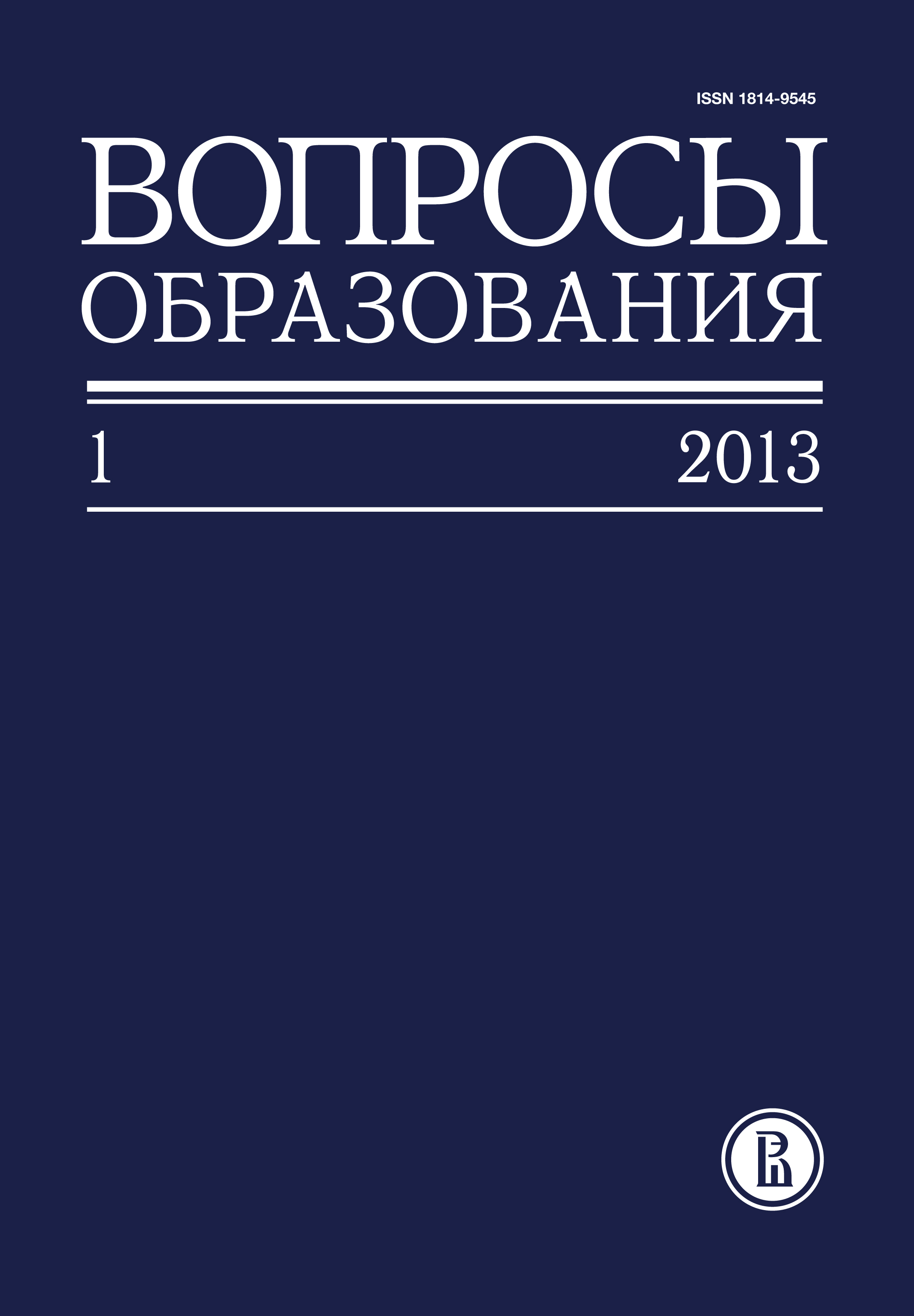Как государства добиваются международной конкурентоспособности университетов: уроки для России
Аннотация
Салми Джамил (Jamil Salmi) — Ph. D., координатор проектов Всемирного банка по высшему образованию, член Международного консультативного комитета НИУ ВШЭ jsalmi@tertiaryeducation.org
Адрес: Институт Всемирного Банка — 1818 H Street, NW, Washington, D.C. 20433, United States.
Фрумин Исак Давидович — доктор педагогических наук, профессор, научный руководитель Института образования НИУ ВШЭ.
Эл. адрес: ifroumin@hse.ru
Анализируются инициативы по достижению выдающихся результатов в секторе университетского образования, реализованные в течение последних пятнадцати лет в разных странах мира. Описываются их основные характеристики, а также ключевые факторы, обусловливающие их эффективность: высокая концентрация в университете талантливых преподавателей и студентов; изобилие ресурсов для формирования разносторонней среды обучения и проведения перспективных исследований; эффективное управление, включающее поощрение стратегического планирования, инноваций и гибкого подхода, что позволяет вузам принимать решения и распределять ресурсы без дополнительных издержек. Перечислены «ускоряющие факторы», способствующие достижению выдающихся результатов. Рассматриваются варианты разработки и реализации инициатив по достижению выдающихся результатов, а также преимущества и недостатки каждого из них.
На основании международного опыта и оценки последних преобразований в системе высшего образования в России определяются основные задачи проектов по повышению конкурентоспособности российских университетов: интенсивное развитие многопрофильных центров выдающихся достижений и постбакалавриата в ведущих университетах; адресная помощь перспективным молодым исследователям; интернационализация образования; преобразование системы управления. Отмечается, что важнейшими элементами дизайна программы должны стать устойчивое финансирование и доведение качества инфраструктуры до уровня глобально конкурентоспособных университетов.
Подчеркивается, что инициатива по достижению выдающихся результатов, направленная на поддержку исследовательских университетов, не исключает необходимость проведения общесистемных реформ в сфере образования. Предполагается, что их осуществление усилит эффект инициативы по достижению выдающихся результатов.








